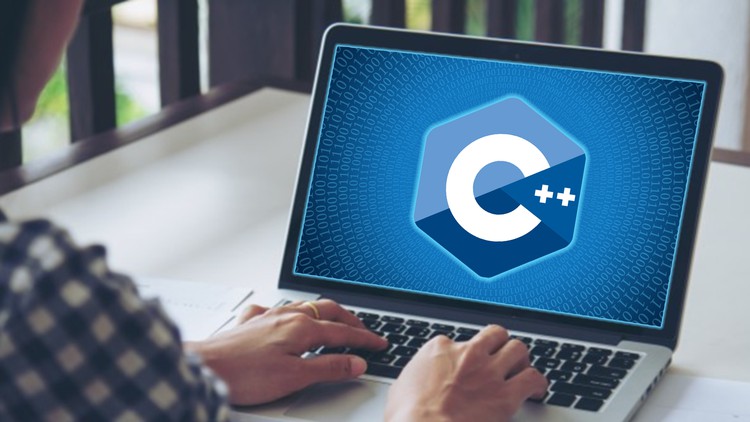Beginning C++ Programming - From Beginner to Beyond
Obtain Modern C++ Object-Oriented Programming (OOP) and STL skills. C++14 and C++17 covered. C++20 info see below.
4.60 (75489 reviews)

335,466
students
46 hours
content
Apr 2025
last update
$139.99
regular price
What you will learn
Learn to program with one of the most powerful programming languages that exists today, C++.
Obtain the key concepts of programming that will also apply to other programming languages
Learn Modern C++ rather than an obsolete version of C++ that most other courses teach
Learn C++ features from basic to more advanced such as inheritance and polymorphic functions
Learn C++ using a proven curriculum that covers more material than most C++ university courses
Learn C++ from an experienced university full professor who has been using and teaching C++ for more than 25 years
Includes Quizzes, Live Coding Exercises, Challenge Coding Exercises and Assignments
New Section: Learn to use Visual Studio Code with C++
New Section: Learn all about using C++ Lambda Expressions
Screenshots




Related Topics
1576854
udemy ID
3/2/2018
course created date
7/12/2019
course indexed date
Bot
course submited by